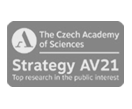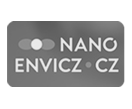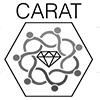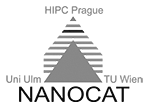Excited state molecular dynamics with non-adiabatic and spin-orbit effects assisted by machine learning
Molecular dynamics in excited states including the non-adiabatic and spin-orbit effects is an important theoretical tool for the simulation of photochemical processes which play an important role in nature and technology, like e.g. photosynthesis, phototherapy, photovoltaics, etc. Its computational cost when ab-initio or DFT methods are employed is very limiting in both size of the molecules treated and the length and number of computed trajectories. Machine learning (ML) has recently become very popular thanks to its widespread applications in many areas of science, industry, and commerce. Recently the machine learning methods have been successfully employed to speed up the molecular dynamics in the ground state, and some progress was done also on the ML of excited states and non-adiabatic effects. The aim of this project is to implement ML methods for MD with nonadibatic and spin-orbit couplings and perform ML-accelerated molecular dynamics in excited states undergoing both internal conversion and intersystem crossing processes, with application to (modified) DNA bases.
doc. Mgr. Pittner Jiří Dr. rer. nat., DSc.
 jh-inst.cas.cz
jh-inst.cas.cz



















